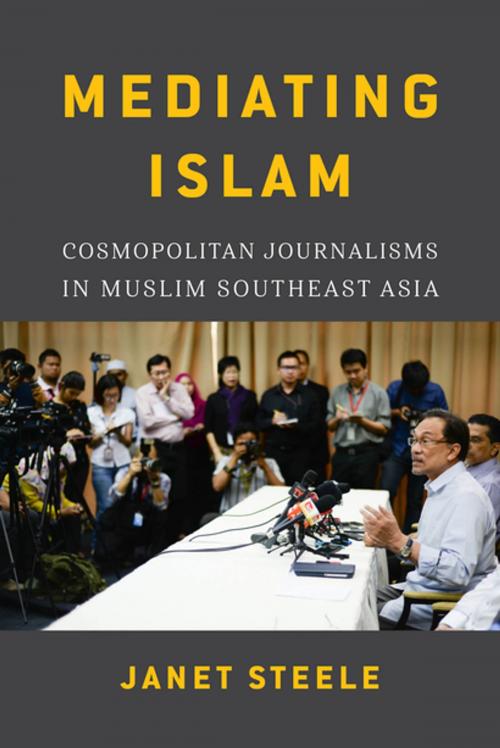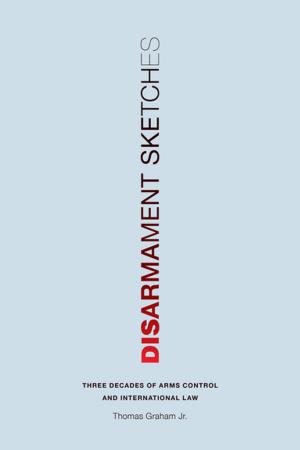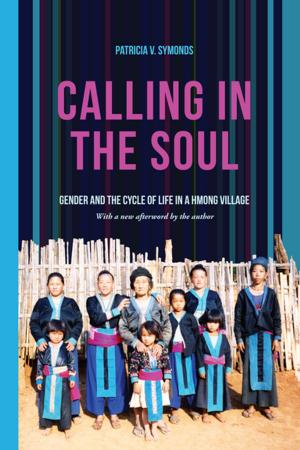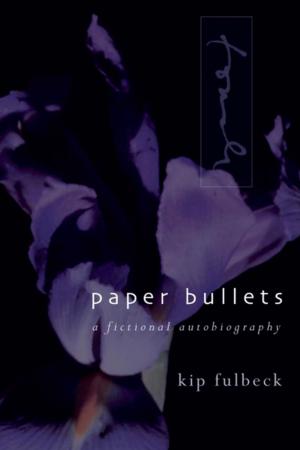Mediating Islam
Cosmopolitan Journalisms in Muslim Southeast Asia
Nonfiction, History, Asian, Southeast Asia, Social & Cultural Studies, Social Science| Author: | Janet Steele | ISBN: | 9780295742977 |
| Publisher: | University of Washington Press | Publication: | March 8, 2018 |
| Imprint: | University of Washington Press | Language: | English |
| Author: | Janet Steele |
| ISBN: | 9780295742977 |
| Publisher: | University of Washington Press |
| Publication: | March 8, 2018 |
| Imprint: | University of Washington Press |
| Language: | English |
Arguing that our definition of Islamic journalism is too narrow, this study examines day-to-day journalism as practiced by Muslim professionals at five exemplary news organizations in Malaysia and Indonesia.
At Sabili, established as an underground publication, journalists are hired for their ability at dakwah, or Islamic propagation. At Tempo, a news magazine banned during the Soeharto regime, the journalists do not talk much about sharia law; although many are pious and see their work as a manifestation of worship, the Islam they practice is often viewed as progressive or even liberal. At Harakah reporters support an Islamic political party, while at Republika they practice a �journalism of the Prophet.� Secular news organizations, too, such as Malaysiakini, employ Muslim journalists. Janet Steele explores how these various publications observe universal principles of journalism and do so through an Islamic idiom.
Arguing that our definition of Islamic journalism is too narrow, this study examines day-to-day journalism as practiced by Muslim professionals at five exemplary news organizations in Malaysia and Indonesia.
At Sabili, established as an underground publication, journalists are hired for their ability at dakwah, or Islamic propagation. At Tempo, a news magazine banned during the Soeharto regime, the journalists do not talk much about sharia law; although many are pious and see their work as a manifestation of worship, the Islam they practice is often viewed as progressive or even liberal. At Harakah reporters support an Islamic political party, while at Republika they practice a �journalism of the Prophet.� Secular news organizations, too, such as Malaysiakini, employ Muslim journalists. Janet Steele explores how these various publications observe universal principles of journalism and do so through an Islamic idiom.















